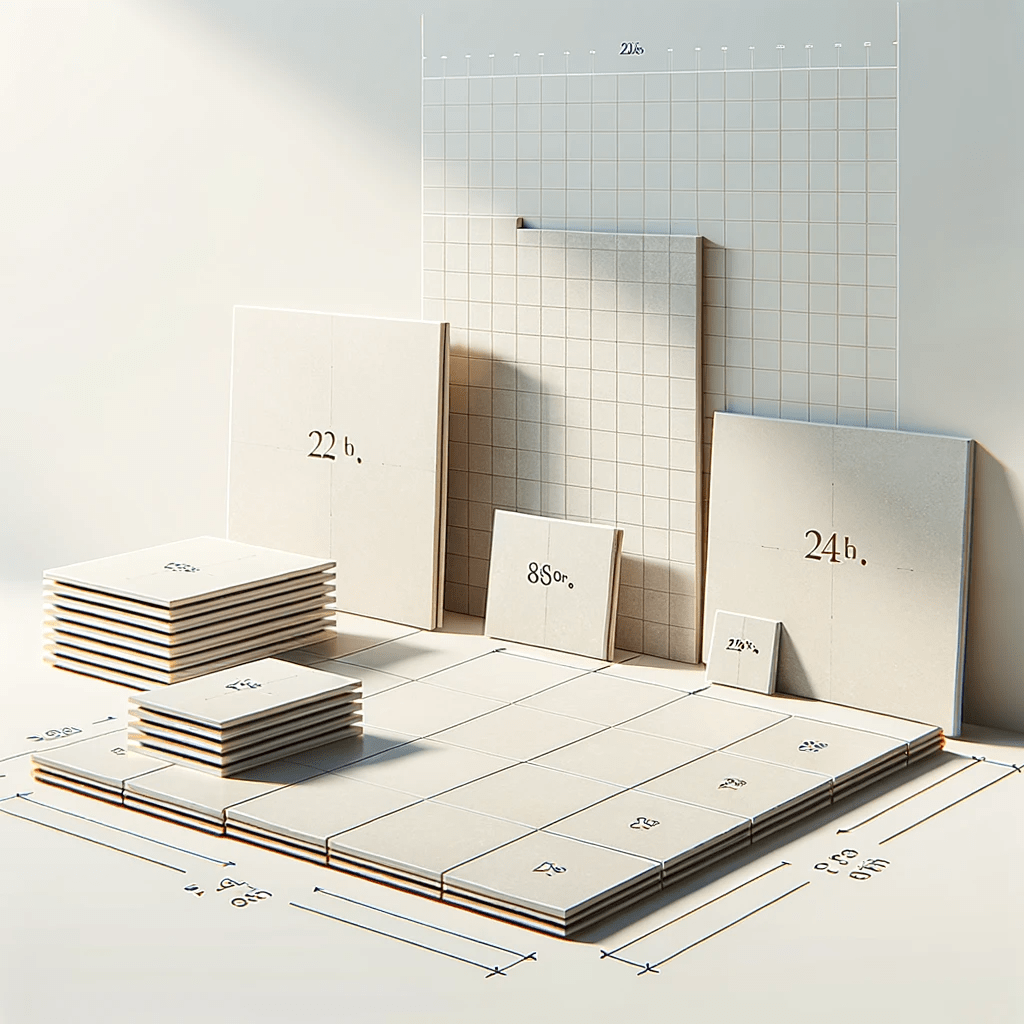The use of artificial intelligence in construction,
The construction industry is one of the major industries that have benefited greatly from AI.
AI in the construction industry allows companies to become more profitable and improve project quality and safety.
Construction companies must streamline their operations to meet the industry’s current challenges.
Low profitability, time overruns, funding issues, and safety concerns are major problems facing the industry.
It is now unanimously recognized that digitization is the only way to achieve this, and companies that enhance its technology will gain a significant competitive advantage over other companies.
The construction industry can use AI to tackle current problems and avoid mistakes made in the past, and it can also help the construction industry in many different ways.
And when it comes to smart building, there is no better way than to integrate AI into the industry.
Contributions of artificial intelligence to the construction industry
-
Strengthening the project design process
As legacy design processes are followed, this slows down the construction process,
but builders and contractors can use AI at the design stage to get information from existing building data,
material data, and data collected from the environment
-
Canceling time-consuming activities
The construction process suffers from boring and time consuming activities,
and the project manager is responsible for organizing the project, assigning work and maintaining personnel records.
These tasks are often performed manually, which results in a waste of time and money.
In this case, the AI is able to perform all these routine tasks with as few errors as possible.
The AI system will also automatically delegate tasks to employees based on their experience,
capabilities and availability using the data collected from them.
This will simplify the process and encourage workers to focus in their area of expertise.

-
Collection and analysis of data from the work site
A 3D scan of construction sites with AI construction equipment simplifies workflow.
3D scans and other information can be fed into a deep neural network,
which categorizes the progress of different aspects of the project.
This allows the management team to address minor issues before they escalate into critical issues.
In the future, algorithms will evaluate infinite alternatives and alternatives based on similar projects using “reinforcement learning”,
an artificial intelligence technique that allows algorithms to learn by trial and error.
-
Productivity improvement
Some companies have begun to bring into the market self-driving construction machines,
which can more effectively perform repetitive tasks such as digging, welding, pouring concrete, bricks and demolishing.
This is done with the help of a human programmer, as these bulldozers can plan the job site with exact dimensions.
This allows workers to focus on the actual construction job and also allows them to finish the project faster.
-
Land surveying and mapping
Drones, geospatial intelligence (GeoAI), and geospatial information systems (GIS) help reduce the time it takes to collect detailed survey maps and aerial images of a job site.
Drones can make it easier to track project updates and issues on a construction site,
providing more information to improve decision-making as well as project management.
-
Optimum safety for construction site
Every construction site is risky, and there are many contractors in different professions working together on the construction site, the larger the project, the higher the risk.
So AI and machine learning software can be used to track and prioritize hazards on a construction site.
This will make it easier to rank contractors and subcontractors with respect to degrees of risk and to prioritize certain issues in safety management.
This will also allow the project manager to work closely with high-risk employees to minimize any problems.
Automation of construction sites can also make them safer.
Wearable sensors can monitor the whereabouts of employees and send warnings if they have an unfortunate accident.

Conclusion
Artificial intelligence is becoming more prevalent in construction as part of a broader transition towards smart building technology, from initial project designs to property cleanup.
Artificial intelligence appears to be the “current trend of construction technology”, playing an important role in the emerging construction technology.
Future construction programs, using artificial intelligence, will oversee complete projects and advise contractors on risk management, design, construction, and structural integrity of various technology solutions for major projects.
That means improving the construction industry, realizing how AI can impact the construction industry is imperative.






